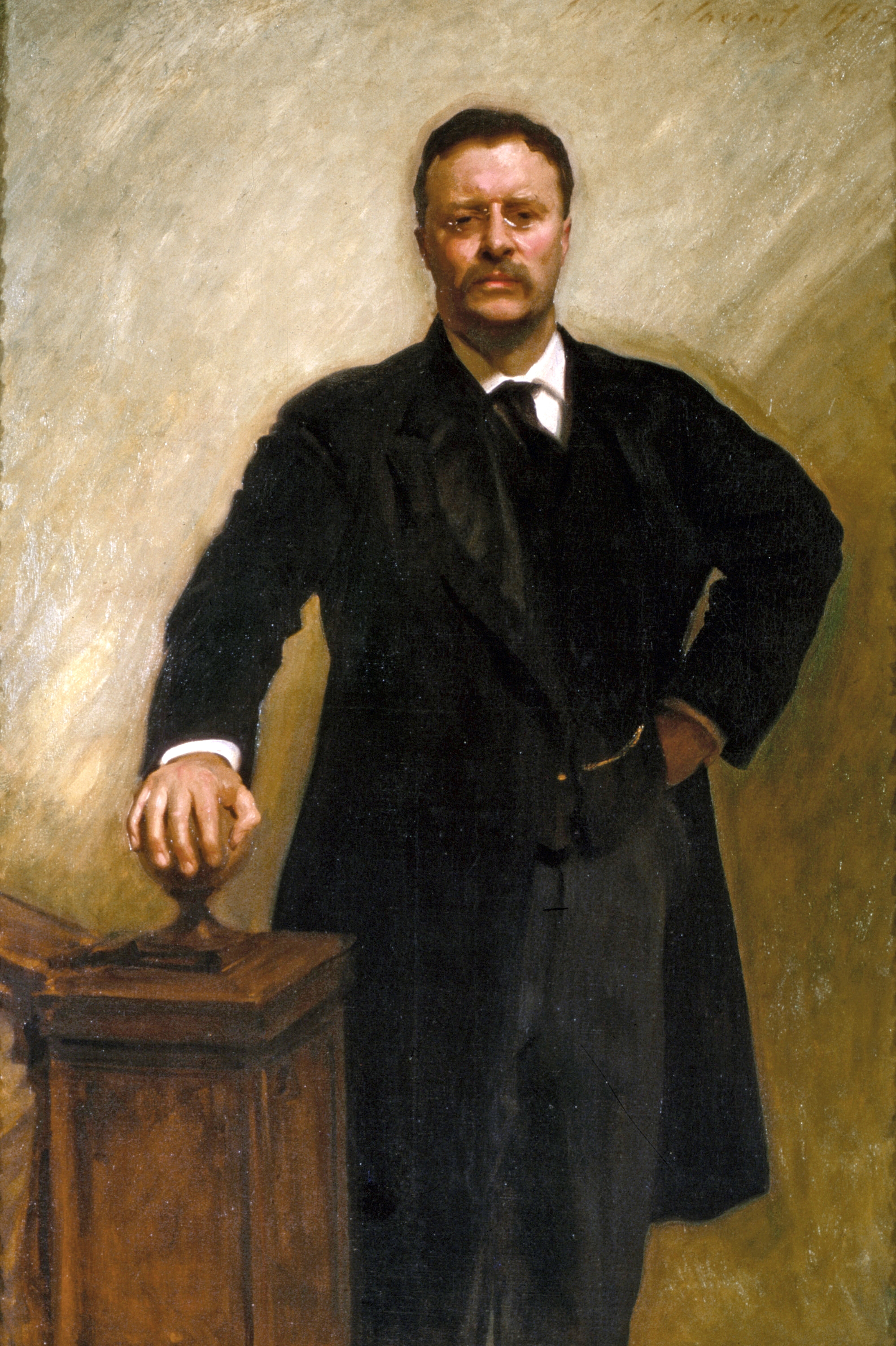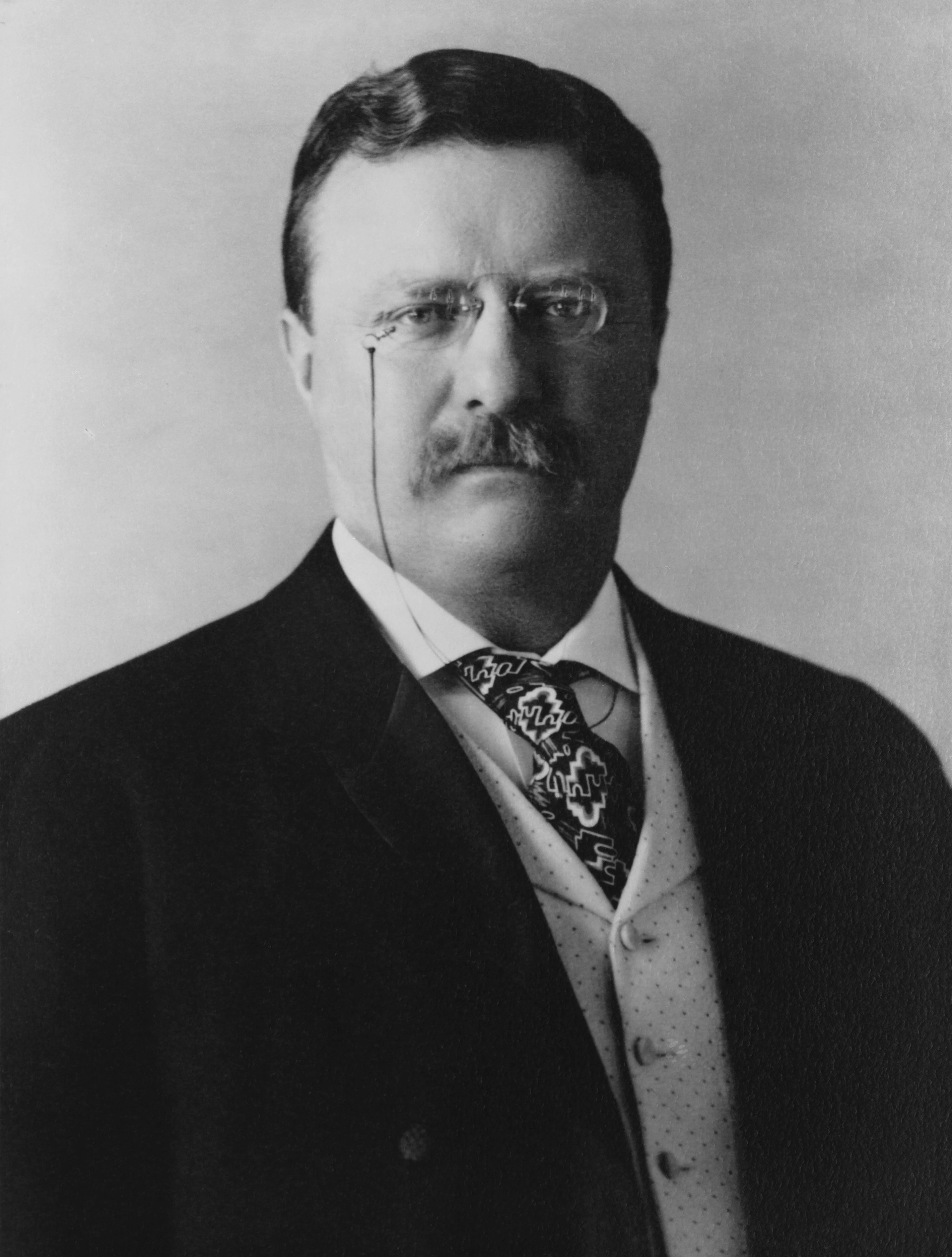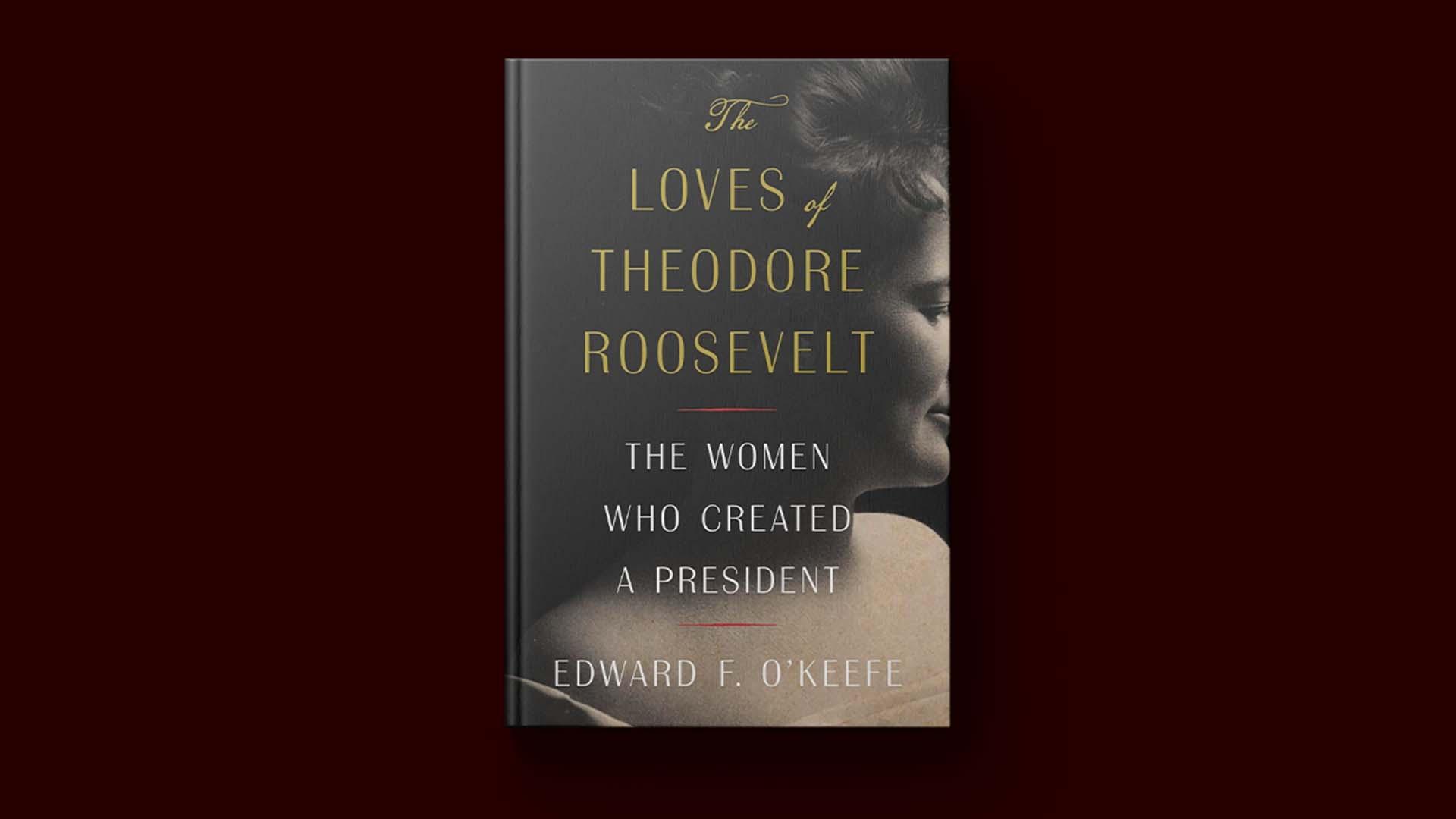Theodore Roosevelt: The Progressive President Who Shaped Modern America
Introduction
Theodore Roosevelt, the 26th President of the United States, was a complex and influential figure who left an indelible mark on American history. As a progressive president, he championed a range of reforms that sought to curb the excesses of industrial capitalism, promote social justice, and conserve the nation's natural resources. This essay will critically examine the complexities of Roosevelt's presidency, highlighting his accomplishments, failures, and lasting legacy.
Progressive Reformer
Roosevelt's presidency was defined by his progressive agenda. He believed that the federal government had a responsibility to intervene in the economy to protect the interests of the common man. One of his most significant achievements was the creation of the Food and Drug Administration (FDA), which was established to regulate the food and drug industries and protect consumers from unsafe products. Roosevelt also signed into law the Pure Food and Drug Act, which prohibited the sale of adulterated or misbranded food and drugs.
In addition to his work on consumer protection, Roosevelt was a strong advocate for labor reform. He supported the establishment of an eight-hour workday and a minimum wage for federal employees. He also intervened in several labor disputes, including the great Coal Strike of 1902, which he helped to resolve through mediation.
Conservationist
Roosevelt was a passionate conservationist who believed that the nation's natural resources should be protected for future generations. He established the United States Forest Service and designated millions of acres of land as national forests and national parks. He also signed into law the Antiquities Act, which gave the president the power to create national monuments.
Roosevelt's conservation efforts were instrumental in preserving the nation's natural heritage. His legacy includes the Grand Canyon National Park, the Yosemite National Park, and the Petrified Forest National Park. He also helped to establish the National Audubon Society and the American Bison Society.
Foreign Policy
Roosevelt's foreign policy was characterized by a blend of pragmatism and idealism. He believed that the United States had a responsibility to intervene in world affairs to promote peace and stability. He famously intervened in the Russo-Japanese War, which ended with the Treaty of Portsmouth. He also played a key role in the construction of the Panama Canal, which connected the Atlantic and Pacific Oceans.
Roosevelt's foreign policy has been praised by some historians for its boldness and decisiveness. However, others have criticized him for his willingness to use military force to achieve his goals.
Race and Civil Rights
Roosevelt's record on race and civil rights is complex and controversial. He was a strong supporter of lynching and segregation, and he appointed several prominent white supremacists to positions of power. However, he also made some notable efforts to improve race relations, such as inviting Booker T. Washington to dine at the White House.
Roosevelt's legacy on race is still debated today. Some historians argue that he was a progressive on race for his time, while others argue that he was a racist who did little to advance the cause of civil rights.
Contradictions and Complexities
Theodore Roosevelt was a complex and contradictory figure. He was a progressive reformer who championed social justice, but he was also a racist who supported segregation. He was a conservationist who protected the nation's natural resources, but he was also a military hawk who intervened in foreign conflicts.
These contradictions make it difficult to assess Roosevelt's legacy. He was a flawed and enigmatic figure who both advanced and hindered the cause of progress in America.
Conclusion
Theodore Roosevelt was one of the most influential presidents in American history. His progressive reforms, conservation efforts, and foreign policy initiatives shaped the nation in profound ways. However, his legacy is also marred by his racist views and his willingness to use military force to achieve his goals.
Ultimately, Theodore Roosevelt was a complex and contradictory figure who left a lasting mark on America. His legacy is still debated today, but there is no doubt that he was a transformative president who played a pivotal role in shaping the modern United States.
The Evolution Of Miss World: Winners From 1951 To 2023
Leonardo DiCaprio: The Star Who Brings Depth To Every Role
David Beckham: The Footballer Who Became A Cultural Icon



